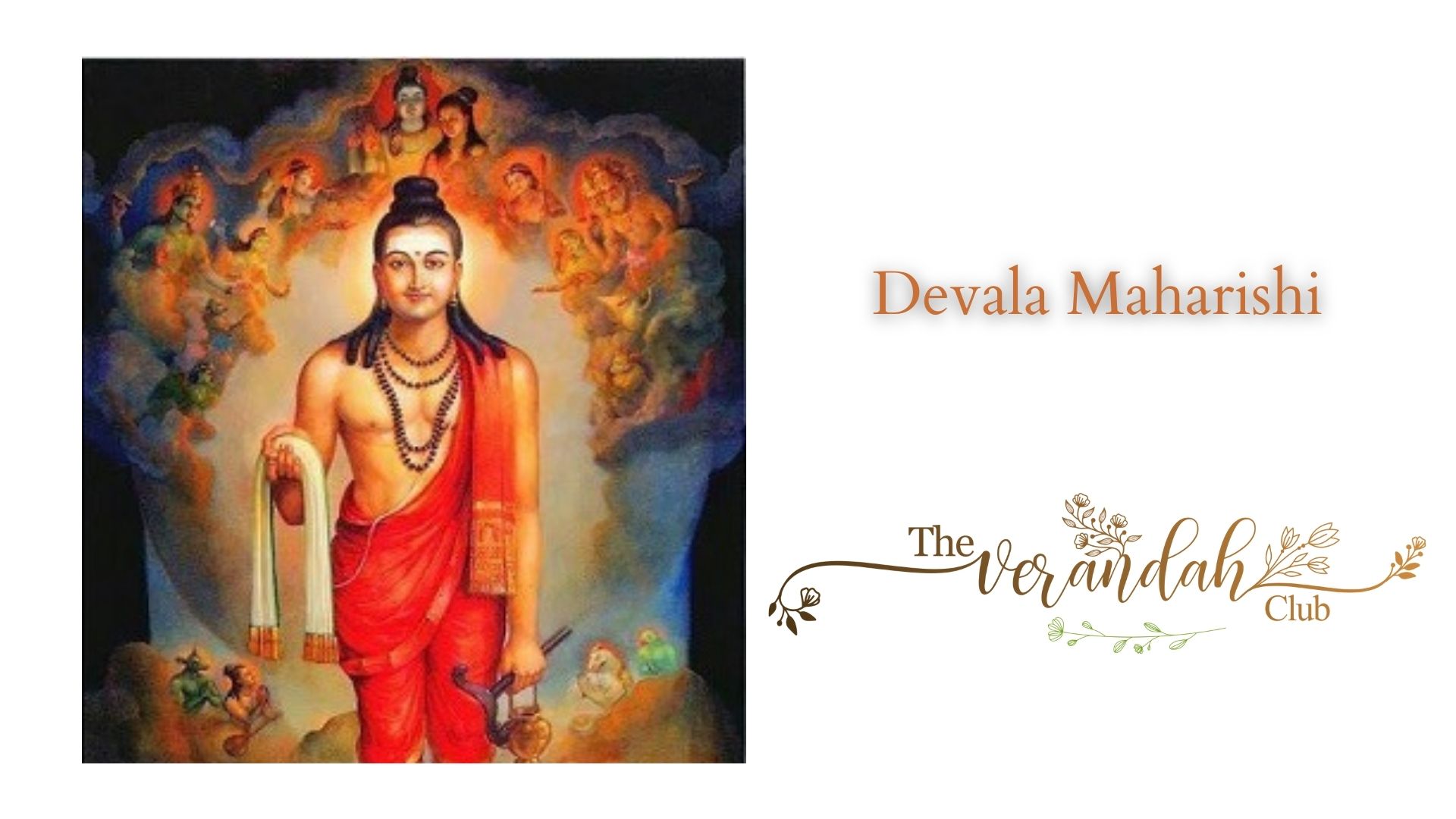
People of Devanga community are called so for a reason. They are said to be the descendants of Devala Maharshi. The story goes to the time earlier to man’s first venture to vesture. Devala Maharshi is the progenitor of Devanga community, the one who has been raised from the third eye of Lord Shiva. A gang of five demons attacked Devala Maharshi when he returned after getting threads from Lord Vishnu's Lotus navel. The demons were all-powerful, and it was a dark night. Devala on praying to Sakthi for protection, Devi Sakthi arrived with radiance and splendor, riding a lion and wearing a dazzling Crown. She held Trishul and other weapons in her hands. She slaughtered the demons, whose blood was white, black, red, green, and yellow in color. Devala dipped the strands in the blood of the monsters and wove clothes for humanity. Devi Sakthi was thereafter called Chowdeswari or Sowdeswari. She instructed Devala to worship her every new moon night. Trimurti, Tridevi, Deva, Asura, Gandharva, Kinnar, and common people received new clothing woven by Devala. Thus they were called the Devangas (Anga, meaning Body).
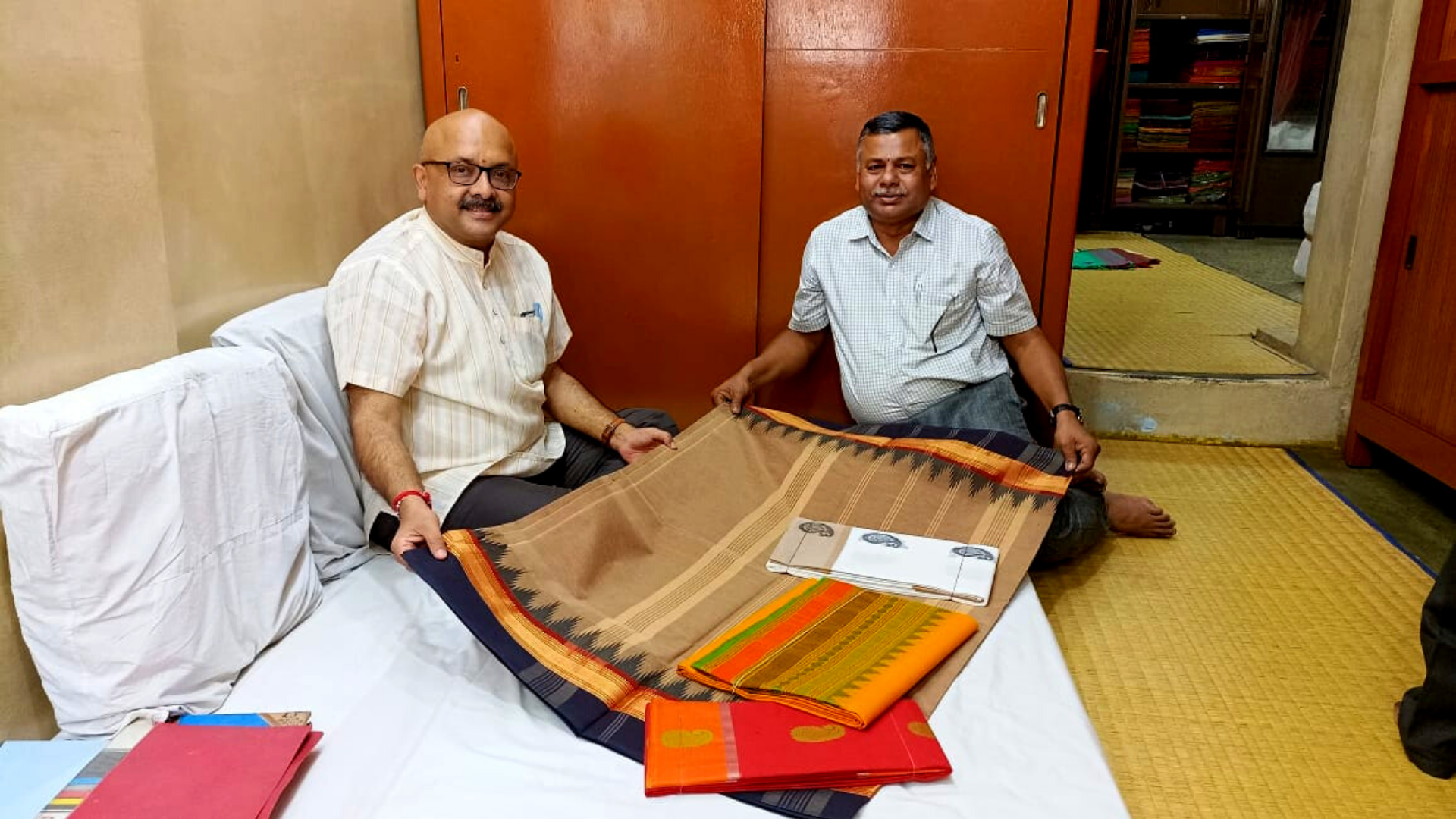
Mr. Ramesh S R of Lakshmi Fabrics, Sukrawarpet, Coimbatore, is a weaver by tradition and choice, who considers his profession to be sacred and godly. Even when many weavers and traders have left the profession for various reasons, Ramesh has stubbornly withheld his family lineage with pride and proven himself to be a remarkable trader in Coimbatore. This man of Indian cultural set up knows to balance his business and service at ease. He is also the Joint Secretary of Ramalinga Sowdambigai College of Science and Commerce and a treasurer of Swami Vivekanandar Illam along with its Nursery and Primary School. He is also the president of Hindi Prachar Sabha, Coimbatore. He is well versed in English multiple Indian languages such as Telugu, Kannada, Tamil, Hindi and Malayalam. He also added that his language proficiency is mainly because of his wide range of customers spread across the Indian subcontinent.
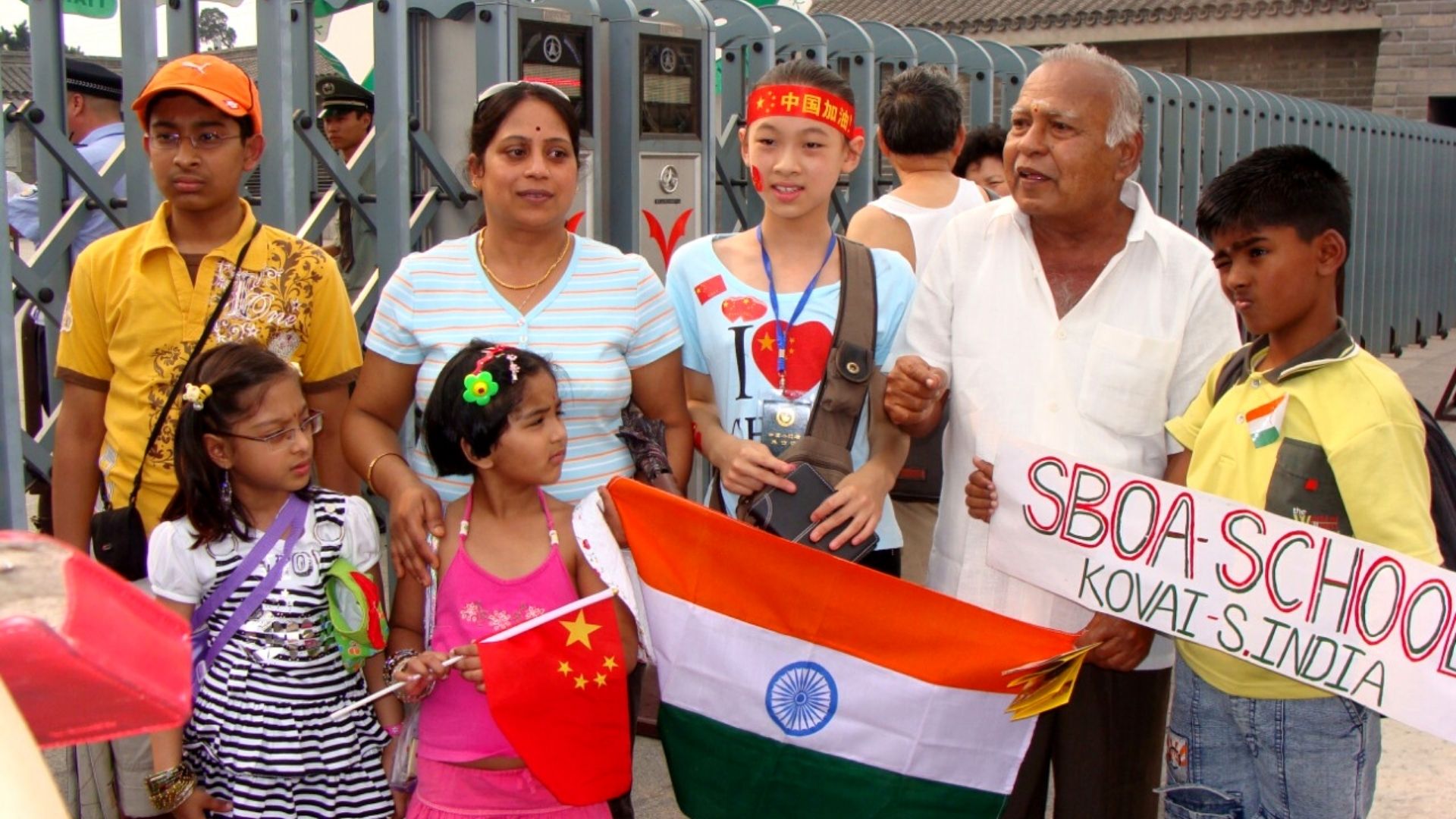
Olympic S Rangasamy Chettiar is the foundation for their family business. Ramesh had proudly said that his father had made every brick of that building through hard work. They have now been running the business successfully for about 75 years since his father. The interesting note about his father is his name. He is called the Olympic S Rangasamy Chettiar as he had witnessed five olympics without fail, starting from Seoul, Barcelona, Atlanta, Sydney and Beijing. His ardent patriotism has earned him his name. He used to travel with the tricolor flag and the tricolor Angavastram. He was raised by Lakshmaiah Chettiar of Lotus Fabrics, from whom he has learned the art of weaving.
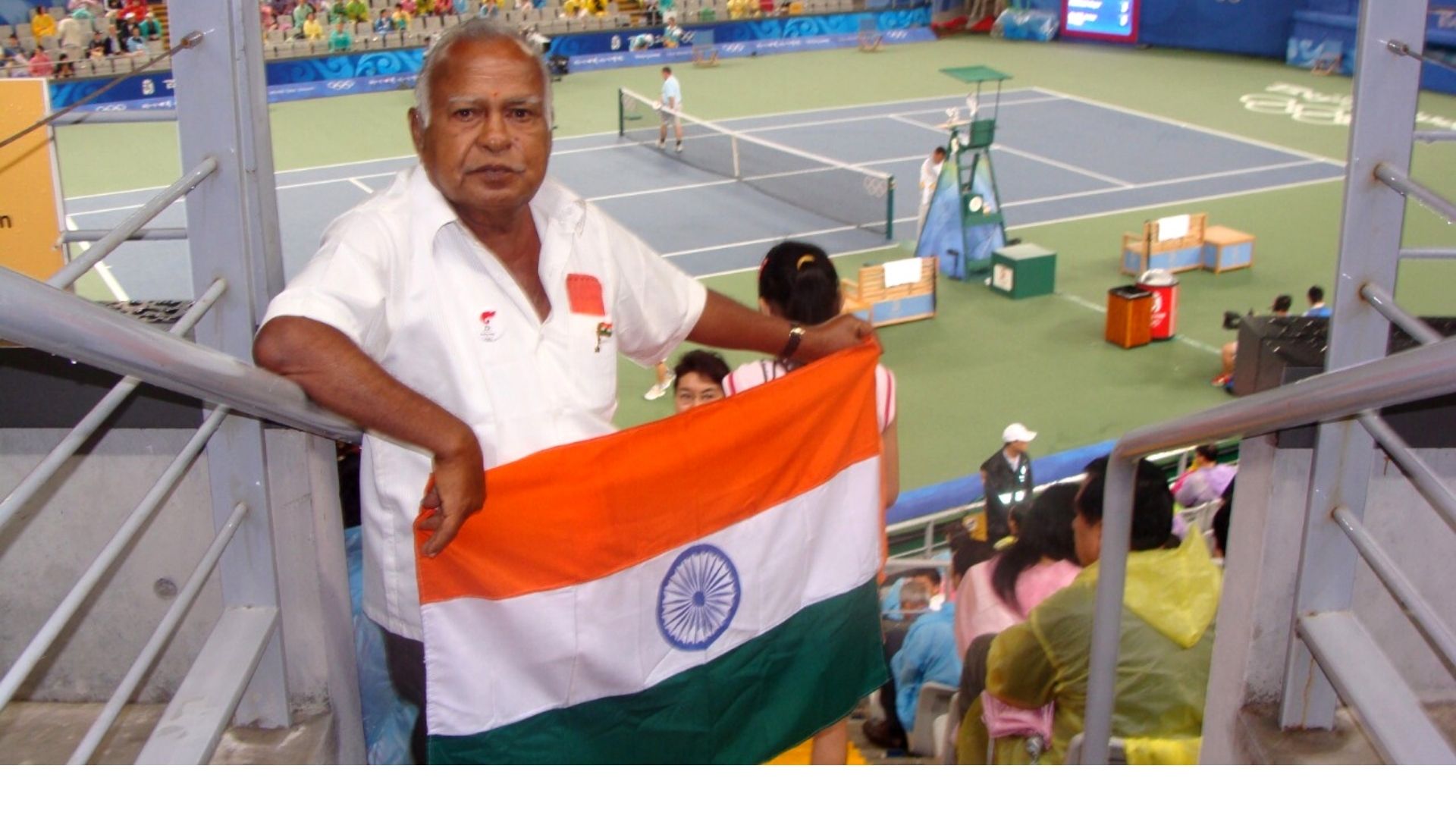
The people of Devanga community had migrated to Coimbatore during the Vijayanagara empire rule. Around 1,00,000 Devanga people in and around Coimbatore. They have settled in the present Raja street and expanded their business alongside. Sri Ramalinga Sowdambigai is the family deity of the community for which they have built a temple in Raja street of Townhall, Coimbatore. Business and spirituality have been their two primes. The temple is now more than 500 years old. They have nine such temples which are said to be nine sisters. The temple on RG street is one of the nine temples and is more than 100 years old.
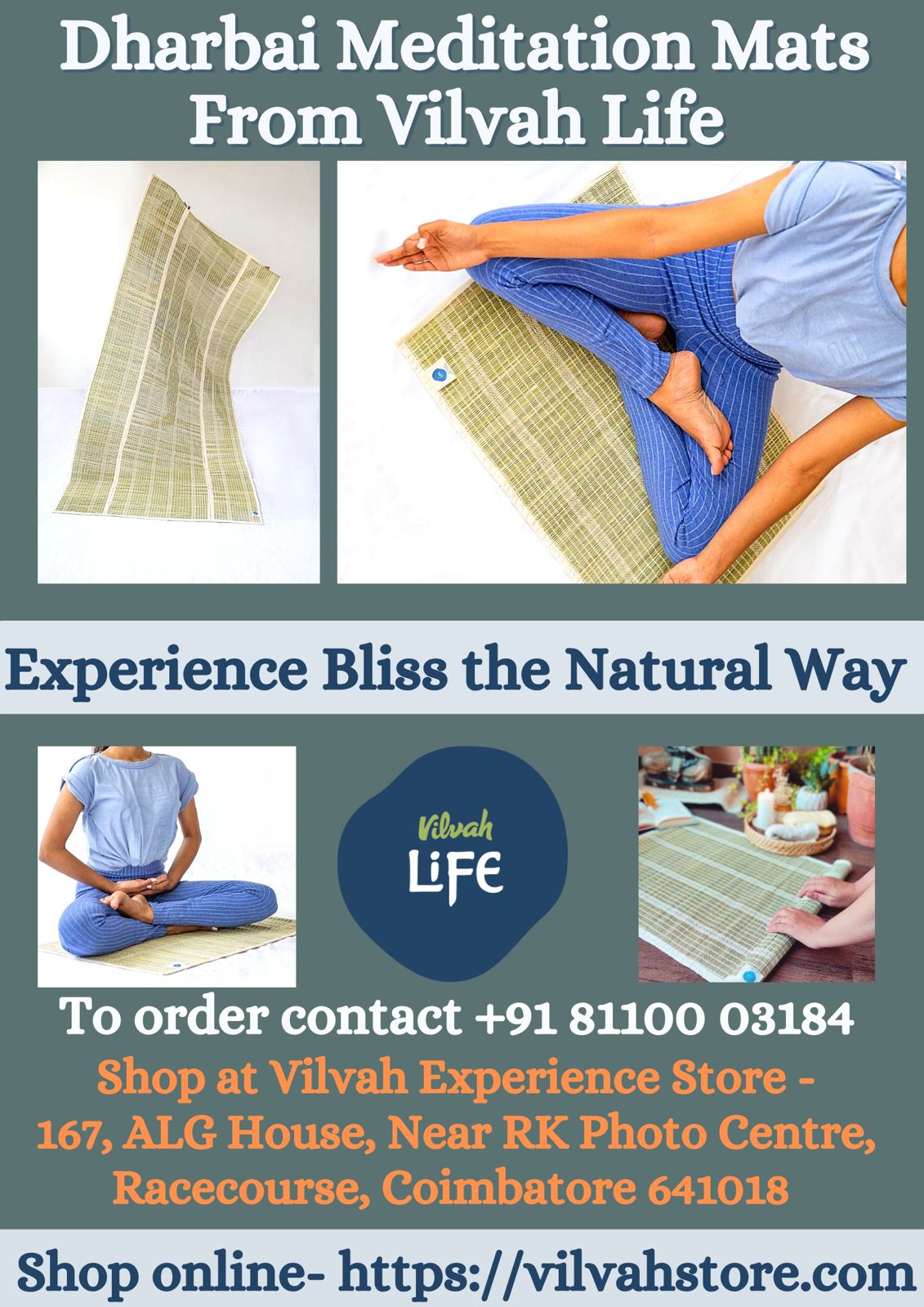
Sukrawarpet is the hub of weaving business in coimbatore, shukrawar meaning Friday. The place is named so for its auspicious significance. Ramesh shared to us that the temple is more than just a place of worship in their culture. The temple is always associated with a satharam for social activities and a school for the locals to learn. People of Devanga community are known for their community commerce and the community social service. Every member of the community will contribute a sum as the capital and the business will be undertaken as common.They are also a democratic community who are very considerate of each other. The community hall in the temple would be the place of discussions for temple festivals, communal welfare, and social welfare. Many people of Coimbatore from various social backgrounds are getting benefited from their schools and other educational institutions. Navratri festival and the tenth day of Dashami are their major celebrations when the temple would look colorful and limelighted.
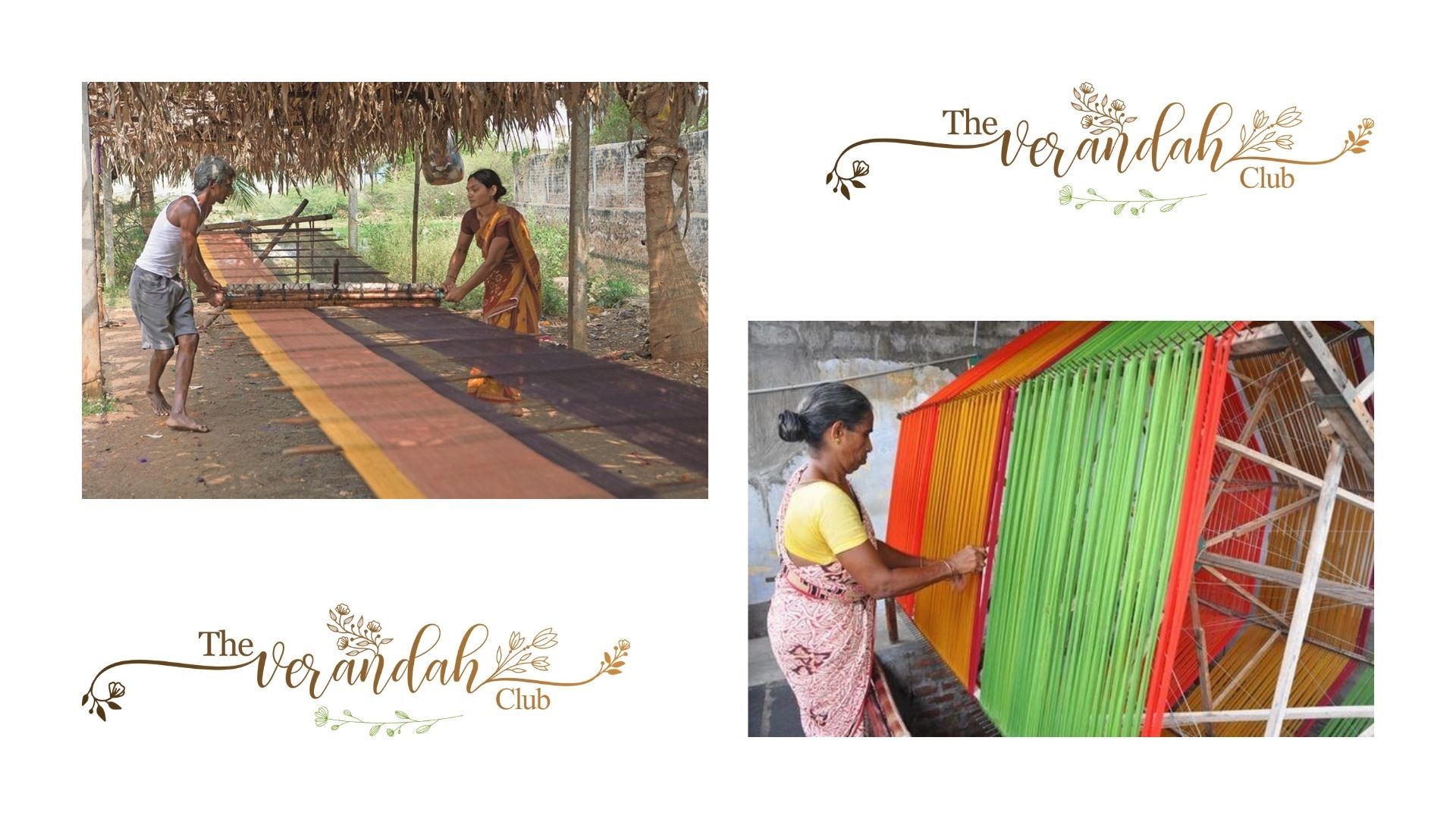
Devanga traders are open-handed to the modernisation and new trade techniques, yet are proud that they are preserving the culture. Navarathri festival and Dhasamni are the prominent festivals of the community. Devala Maharshi made the first poonool(Yagnopavitham -the sacred thread). Thus, they have the right to wear it with no rites necessary. They are god fearing and peace-loving in nature. Etiquette and manners are imbibed in their culture itself.
The yarn is procured after dying by the weavers from the traders, and the warping and weaving begins. The weaver would weave a quantity of 56 gajams, which consist of 6 sarees of 9 yards each, where the rest would give continuity to the next batch of sarees. A warp would consist of 3600 to 4500 ends, which shall be carefully connected to the other ends. The twin yarn structure of Warp and the Weft from two sides make the saree. The Warp shall be taken care of by the men of the family, where the women will do the supply of the weft required. The sense of equality and individual contribution is practiced among their culture.
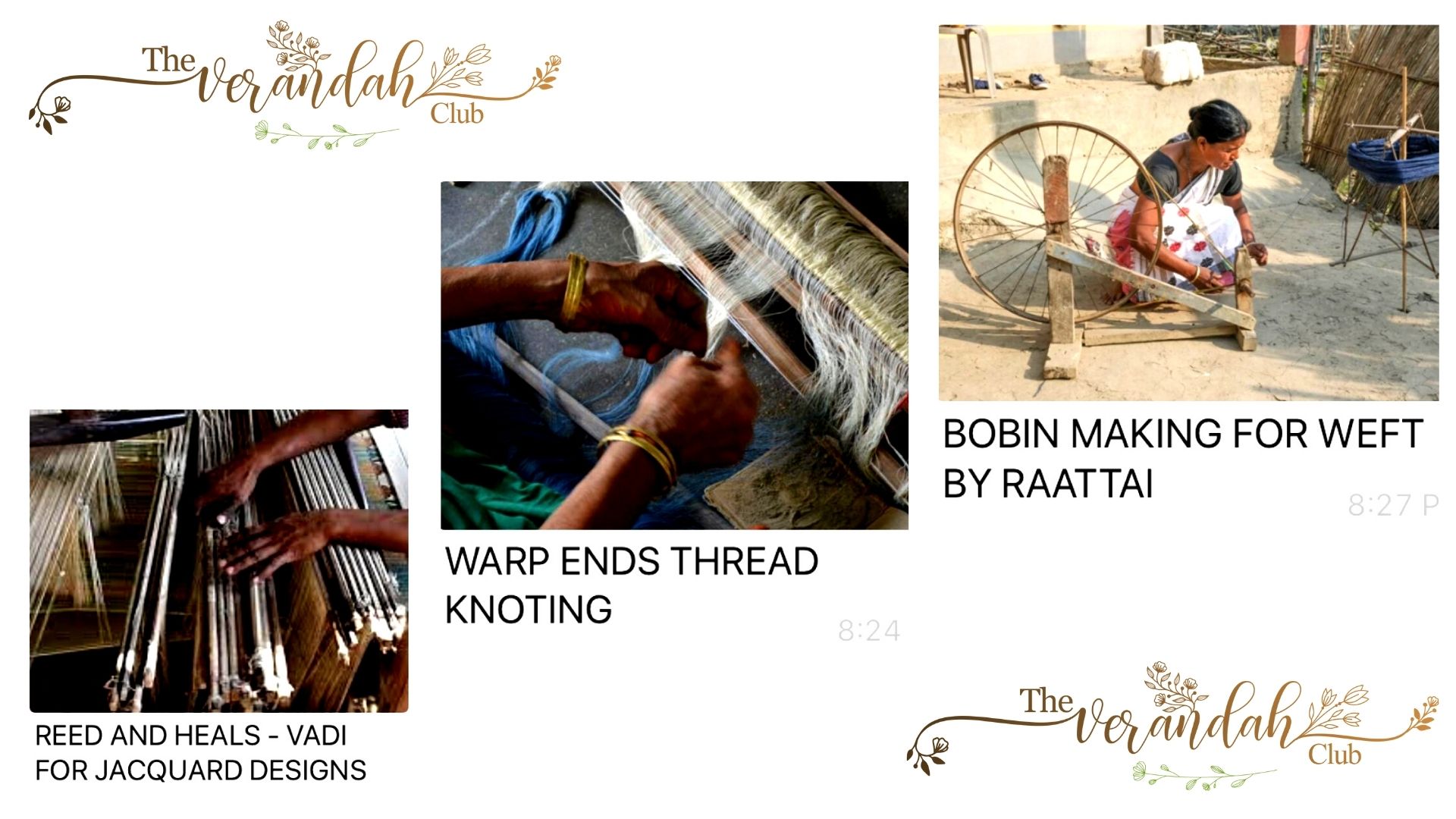
The man would begin the weaving process early in the morning along with the sunrise and work until 10 in the morning. The women would help with the weft for some time and would leave to cook for the family. The activities of socialization and education, such as community library, newspaper-reading and Verandah talks, would follow. Kumudham, Kalkandu and Vikatan would come into the play, and a thinnai outside every home is built for this purpose. A clear Vetrilai(Betel) and nuts is what it would end with in the evening. The weaving would resume until sunset. They do not weave after sunset and on Amavasya days.
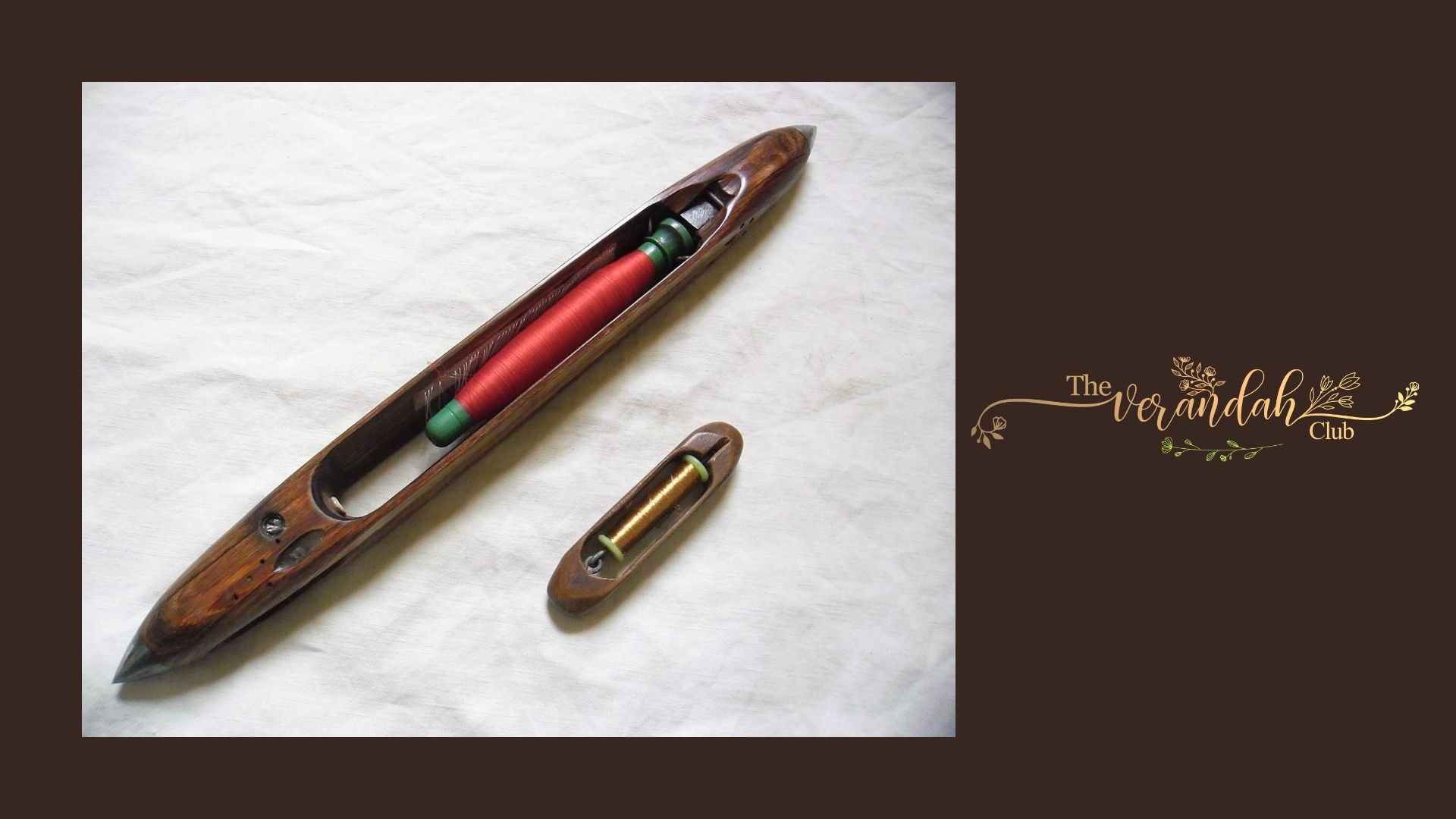
The weaving tools used by the traditional weavers were more eco friendly in nature. The bobbin, that is to be kept inside every shuttle, used to be made of Chola thattu(dry grass). The right chola thattu is picked by the experienced, thus creating employment to people. And a boni or dabba shall be made with tins to hold the yarn and to wind the bobbins for the weft.
Devanga traders have introduced the installment system of trade a long time earlier to modern marketing businesses. The Moota Kaarar would mount the white cloth bags to their cycles and go to the customers to sell at homes, particularly during Diwali, pongal and other festivals. They make their customers sit comfortably with their folded legs on a Gathi(A bed) and display the sarees. The ladies of every community would gather at a place to buy sarees for occasions. People from outside the state would come to Coimbatore to purchase their sarees. Except for the June-July rainy days, the nine months of sales of sarees would be festival-like.
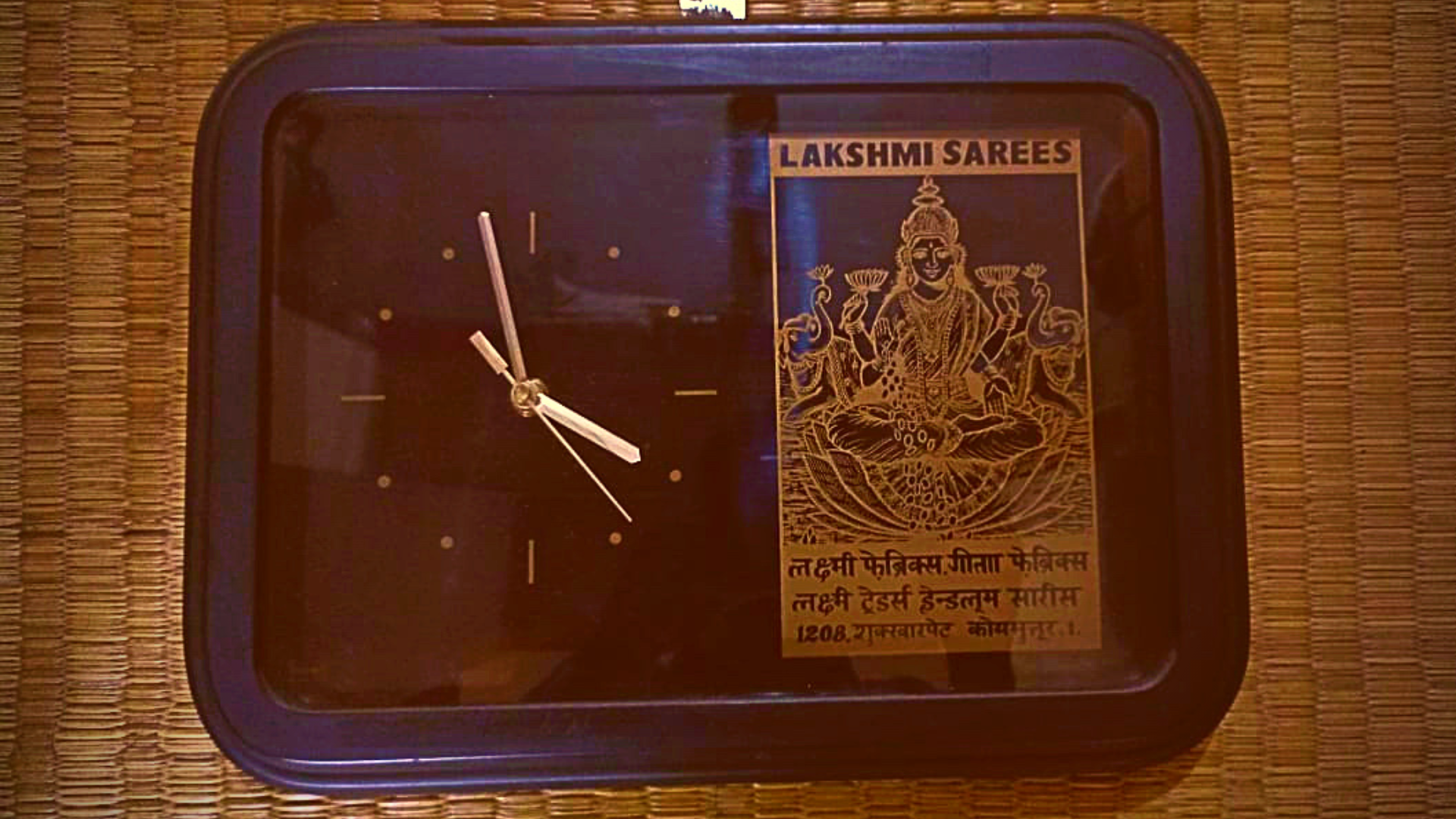
These respectful traders of Devanga community possess good personalities with a chandan(sandalwood) and Kumkum(vermilion) bearing forehead. They are very devotional and would always have a shaved face. They are also vivid travelers and people of social service. Their structure of life with spirituality, equality, society and trustworthiness is beautiful and undeniably has a lot of things to learn from.
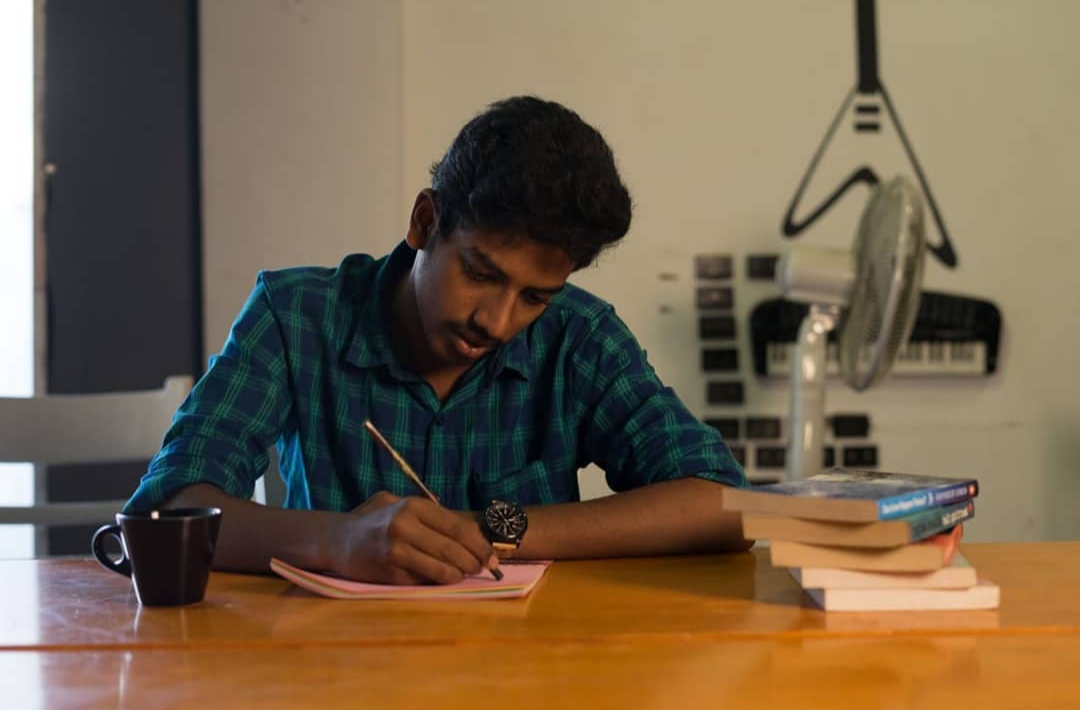 Vigneshvaran is the special correspondent of the company. He is a graduate of English Literature who shows great interest in analysing various practices followed in Sanatana dharma. He is a practical person with a curiosity to learn everything by experiencing. He is also a staunch nationalist and writes poems both in English and Tamil. Vignesh also is an excellent orator.
Vigneshvaran is the special correspondent of the company. He is a graduate of English Literature who shows great interest in analysing various practices followed in Sanatana dharma. He is a practical person with a curiosity to learn everything by experiencing. He is also a staunch nationalist and writes poems both in English and Tamil. Vignesh also is an excellent orator.
NEXT ARTICLE
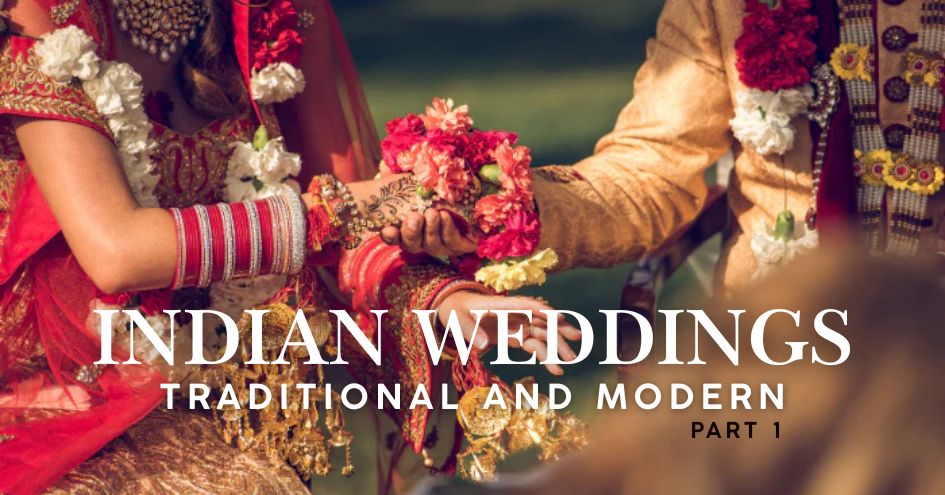
Over the past couple of years, I have had the opportunity to attend several family weddings, both in India and the United States. The experience has b...
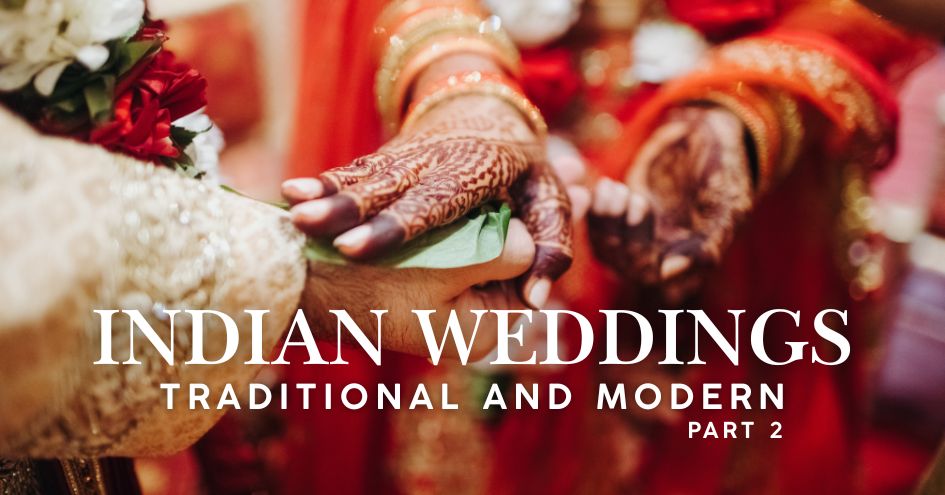
Let's take a moment to revisit the meaning of the term “Vivāha”. At its core, it represents the idea of sharing a burden and carrying the weight of li...
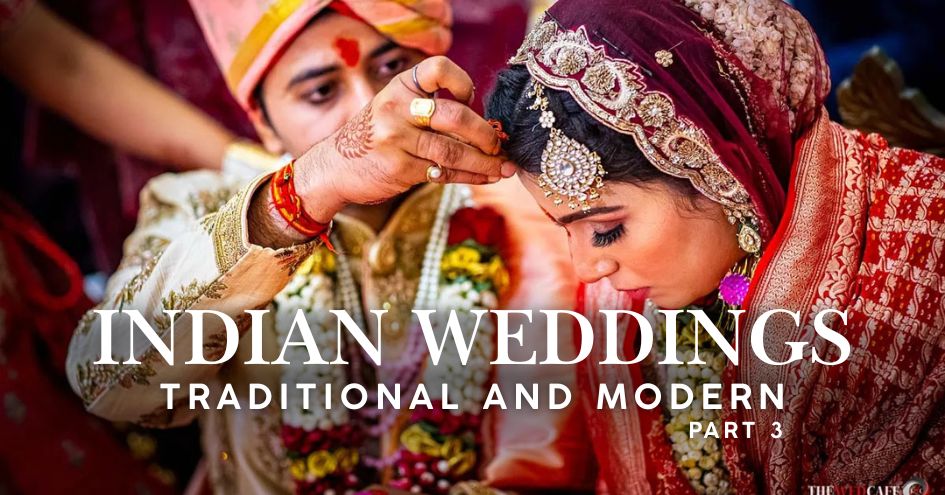
After reviewing the different kinds of weddings, we see why ancient texts felt the need to clearly distinguish between forms that upheld social order...